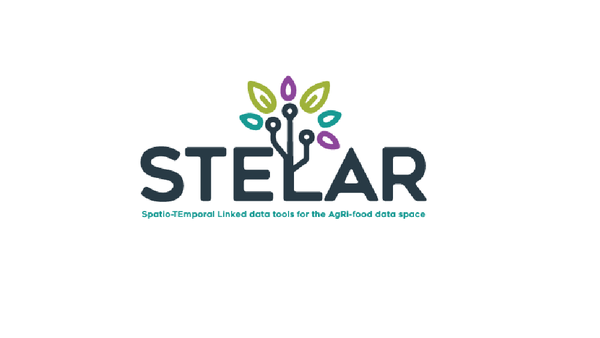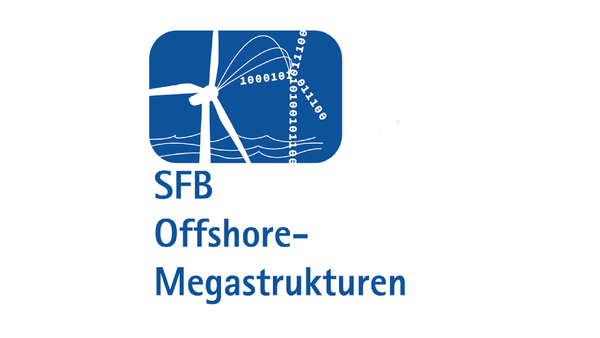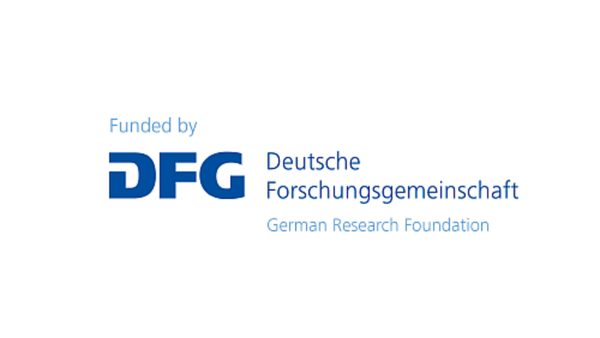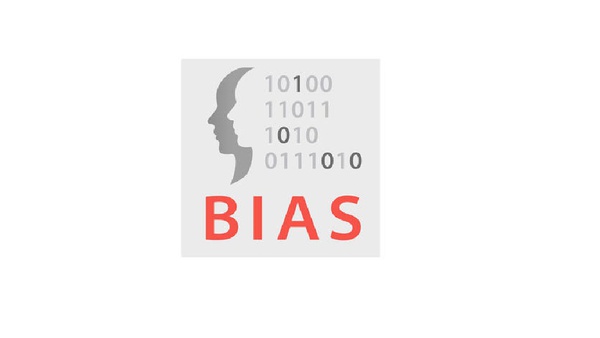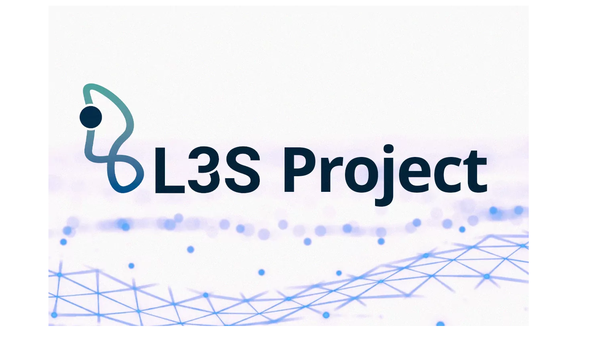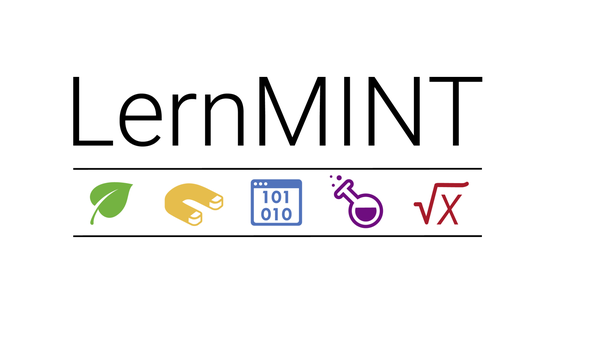Die Forschungsgruppe AIML widmet sich der grundlagen- und anwendungsorientierten Forschung im Bereich Künstliche Intelligenz und Maschinelles Lernen.
Wir konzentrieren uns auf adaptive Lernmethoden, die in Projekten wie Hephaestus vorgestellt werden, das industrielle Daten von Bohrmaschinen in einer Fertigungsstraße untersucht. KISWIND konzentriert sich auf die Erkennung von Ausreißern in Mehrfachsensordaten von Windkraftanlagen, während OSCAR sich auf textuelle Datenströme konzentriert, einschließlich solcher, die von sozialen Medien erzeugt werden. Darüber hinaus setzen wir uns für den verantwortungsvolle KI, was sich in Projekten wie MAMMoth zeigt, das sich mit der mehrdimensionalen Unterscheidung komplexer Daten befasst, sowie in Projekten wie NoBIAS und BIAS, die sich mit dem Verständnis von Verzerrungsquellen und der Entwicklung von Strategien zur Verringerung von Verzerrungen in KI-Systemen befassen. Darüber hinaus erstreckt sich unsere Forschung auf die Erkundung des kreativen Potenzials der KI zur Verbesserung der Datenqualität, wie in Projekten wie STELAR, und auf die innovative Gestaltung neuer Daten und Lösungen, wie in Projekten wie dem SFB1463 zu sehen ist.
Wir setzen unsere Methoden in verschiedenen Branchen ein, darunter Bildung, soziale Netzwerke, Banken, Landwirtschaft, Fertigung und Ingenieurwesen. Unsere Forschung wird durch EU- und nationale Mittel, wie beispielsweise die DFG und die Volkswagen Stiftung, unterstützt.

